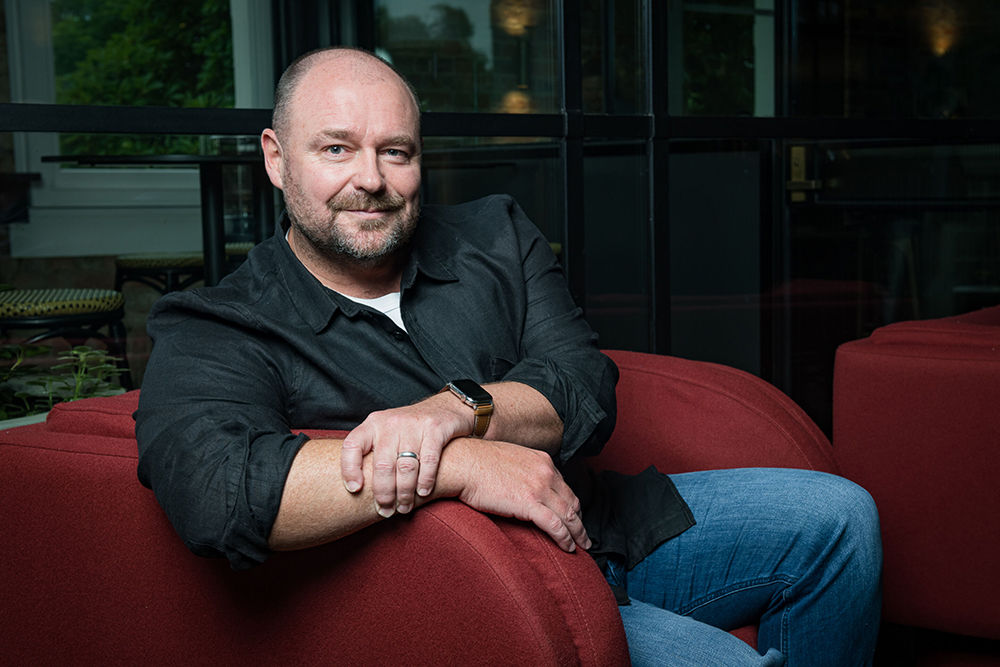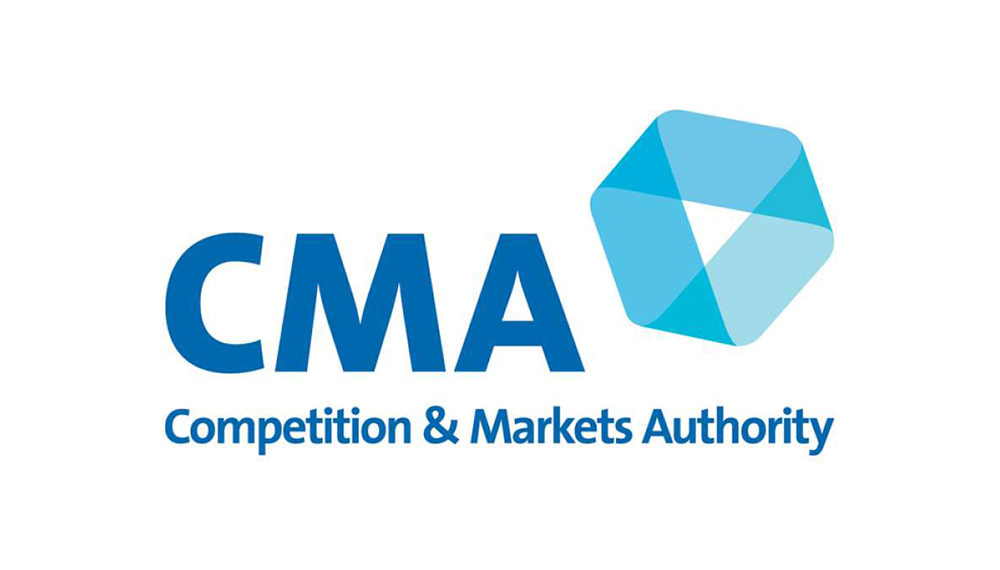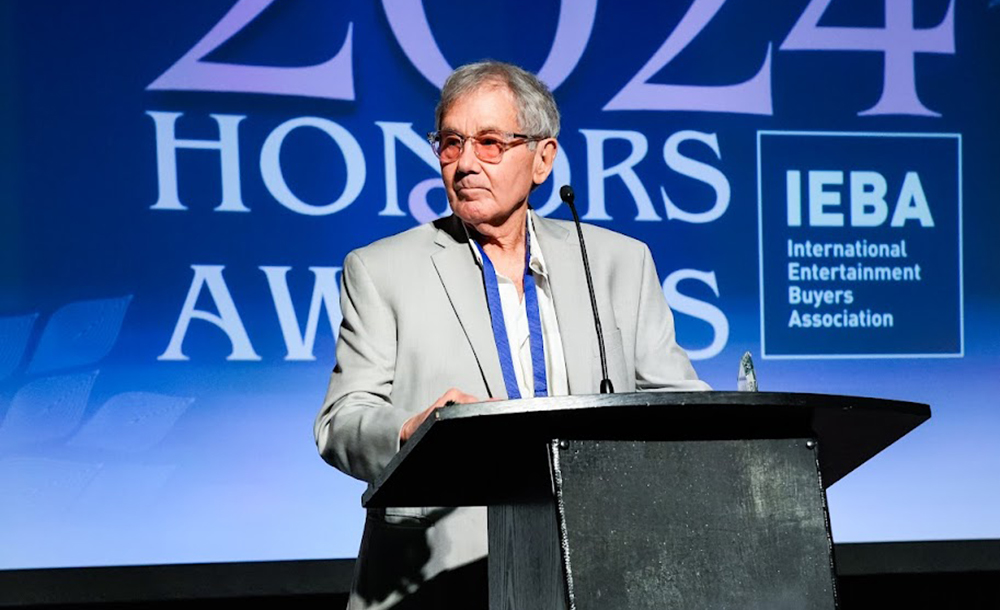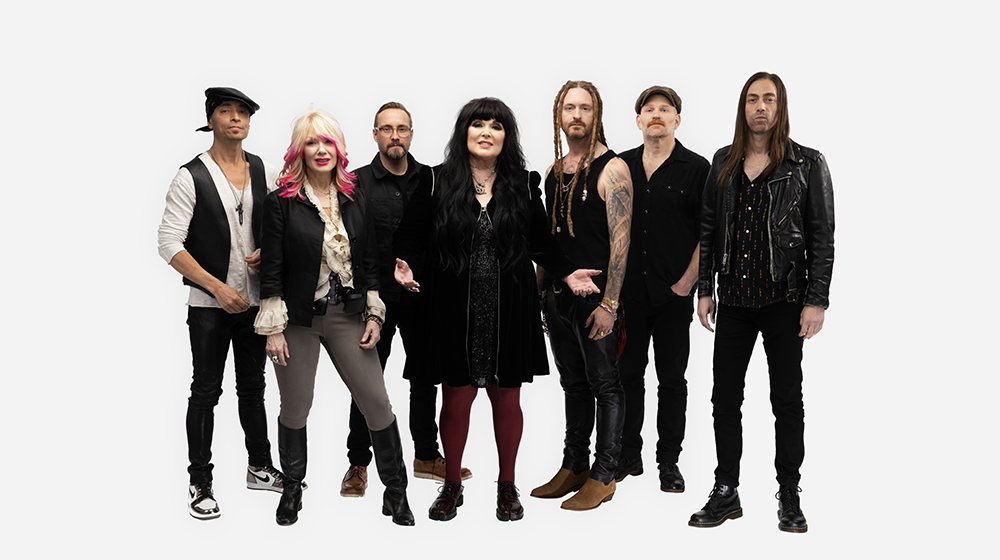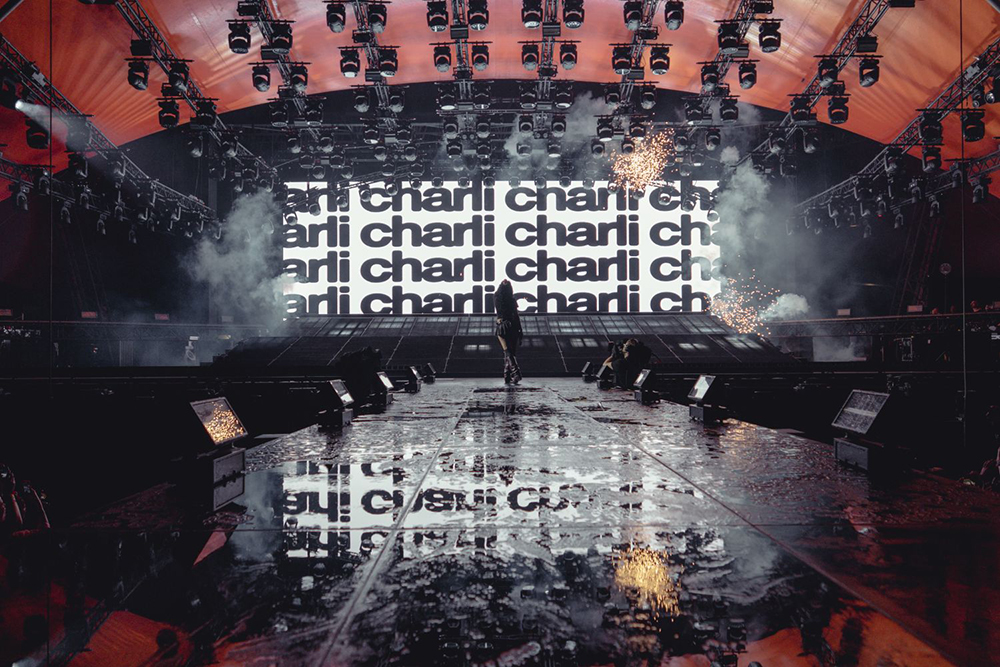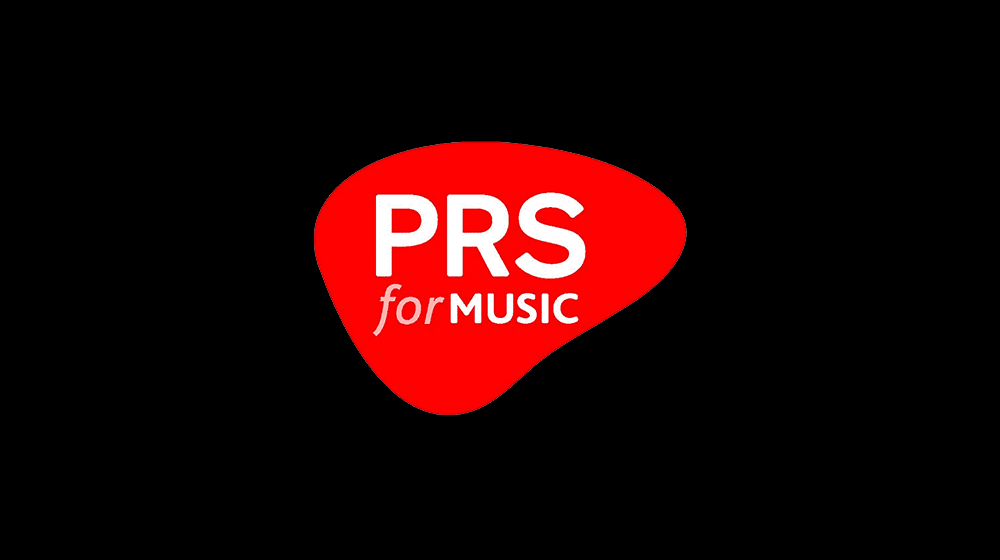
NEW YORK (CelebrityAccess MediaWire) – Yesterday Live Nation CEO Michael Rapino spelled out a strategy regarding its ticket biz.
Rapino spoke in New York City to Goldman Sachs Communacopia XVI Conference about his company's breakup with Ticketmaster, the fact that his company has a staggering $3 billion in assets, and his desire to get into the StubHub-saturated "aftermarket" for people who want to flip their tickets.
Rapino told the gathering that the company has "found some great options" that could allow it to get into the ticket biz currently dominated by Barry Diller's Ticketmaster. Rapino said “We've been debating it all year. Ticketmaster is great but last year we produced over 10,000 shows and dealt with 40 million consumers, and we don't even know their names. If we can access them directly there is huge benefit, and we think that we have the technical ability to do the ticketing.” "If we can control that consumer and sell them directly, we can get more out of each transaction.”
Rapino is quoted as saying “We'd love to be in that market, instead of ceding it to Ebay's Stubhub and scalpers. Artists want to be in that business, too. We did some testing this summer with premium and VIP tickets. We want to sell each of the 20k seats at Madison Square Garden for maximum price — need to figure out what that is. Same dynamic pricing/yield management challenge that hotels, airlines, etc. have. Average consumer goes to 1.5 shows a year – it's a special event so they'll pay up.”
Live Nation has been aggressive at selling other perks to event-goers, such as premium parking passes and VIP packages; it has not, until now, sold tickets to events.
But with talks between the company and Ticketmaster over renewing the pair's long-term deal presumed dead, speculation has increased that Live Nation will look to seize opportunities to move into the ticket biz.
Rapino confirmed that the company wants to play in that arena, saying, "We should be in that business, and the artists want us to be in that business." He also said that the so-called secondary market, dominated by eBay and StubHub, is another area the company can explore.
When asked if music labels will get into the concert business or if LN will get into music sales Rapino is quoted “Everybody wants to be in the live business for some reason now, but our business isn't easy. $3 billion in assets, lots of work, low margin. Not a lot of upside. Can we add additional revenue streams? Maybe, but now the concert business is more valuable while CDs are the commodity. For big artists who can sell tickets, we are the best business partners they can find."
Rapino continues “Artists love us! We are giving out $1.5 billion to 1,300 artists a year. Artists get paid "with a bag of money" every night after their show. There's no debate about accounting — unlike music sales, where dollars can take years to flow in after sale (if ever).”
When asked about the rumor that Madonna will leave Warner Music and sign with Live Nation Rapino does not address it head on, but coyly says he understands why artists might want to work directly with him.
Observers of the live-entertainment industry have said that the ticket biz is ripe for a shakeup, as sports teams, startups and even bands look to get a piece of the action.
Rapino is quoted as saying "The middle man has gotten squeezed," referring to the difficulty of attracting consumers to concerts on the one hand, while artists, on the other hand, want more of a cut. The dispute also involves the division of money generated from ticket service charges and the control of customer data. Events at locations operated by Beverly Hills, Calif.-based Live Nation and its subsidiary House of Blues generate between 15 percent and 17 percent of West Hollywood, Calif.-based Ticketmaster's roughly $1 billion in revenue last year.
Diller of course has his own take on this issue, and he told investors on Tuesday that new players are misguided to think that the ticket-selling industry is easy to crack; infrastructure costs, for one, make for high barriers to entry.
Rapino said “his company works hard to book acts and attract consumers and needs to capitalize on its effort. In our business, when you're doing all the hard work," he said, "you've got a lot of sweat equity. The question is how do we extend our model?"
Current Ticketmaster deals for Live Nation events expire at the end of 2008, while the House of Blues clubs contract runs through 2009.



























